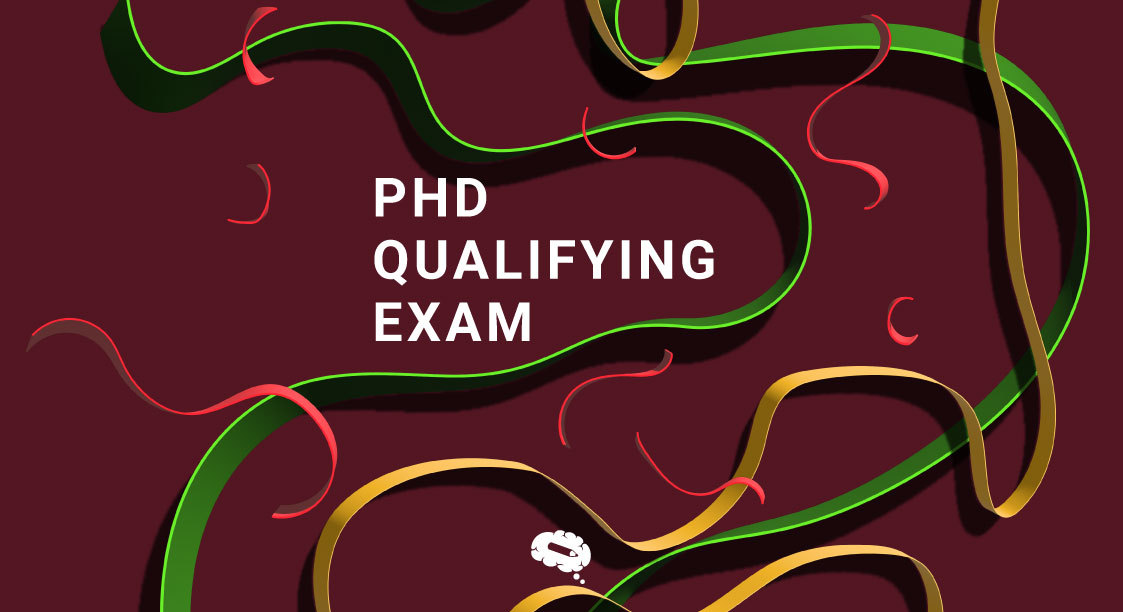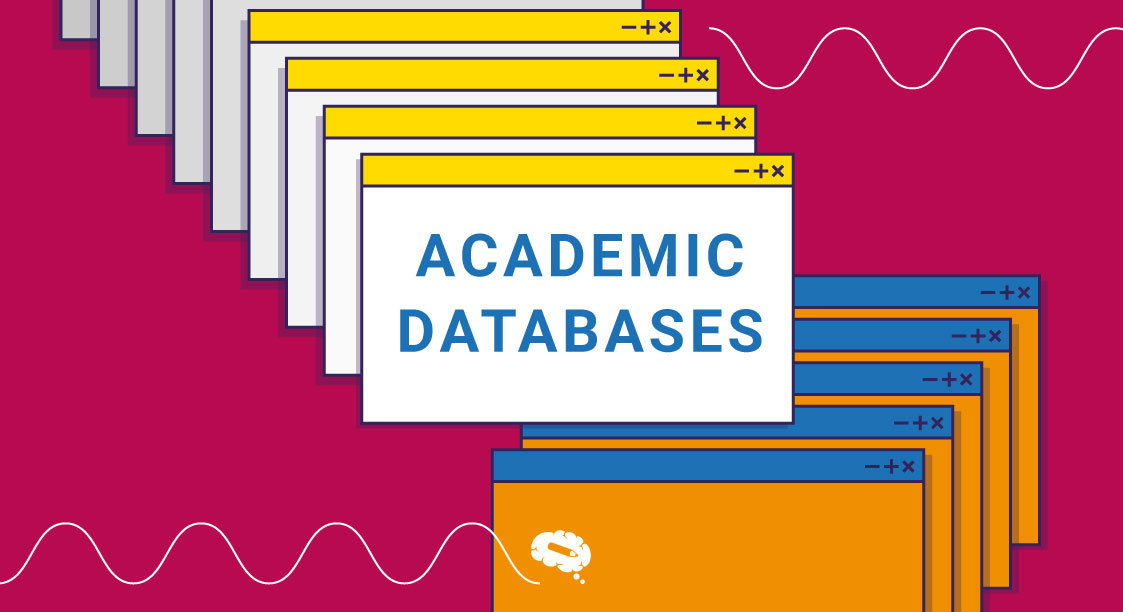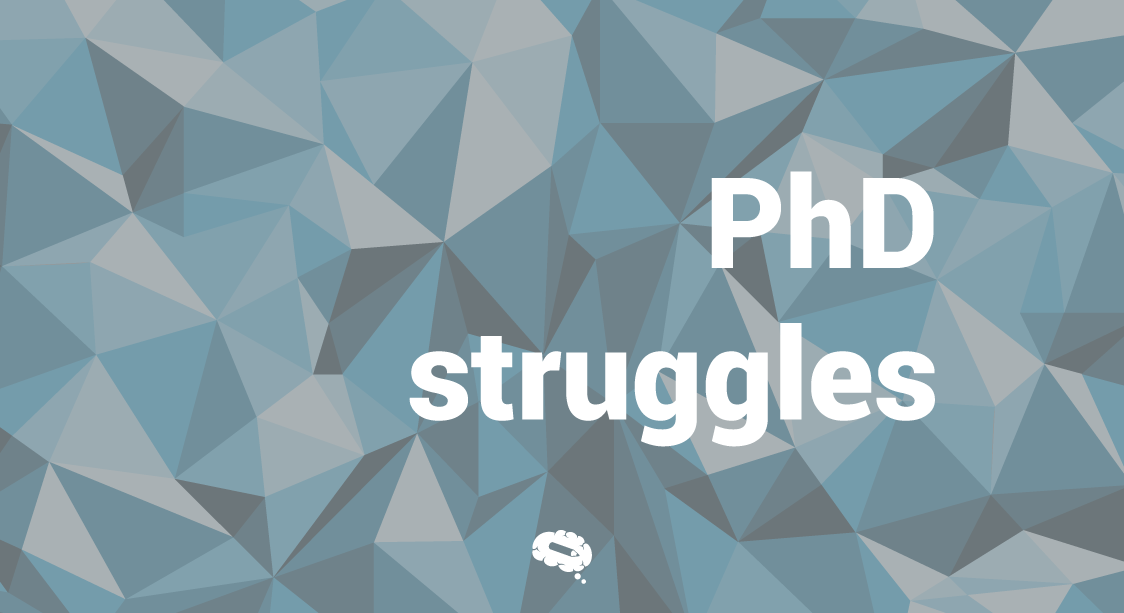In the academic journey of a PhD candidate, the qualifying exam is a significant milestone toward your research goals and earning that coveted doctorate. Leaping can be both exhilarating and intimidating. Fear not, for this blog will guide you along the way.
At its core, a PhD qualifying exam tests your analytical and critical thinking skills. The exam is an opportunity to demonstrate your expertise, and if you approach it correctly, you’ll be able to ace it. You will find expert tips, helpful insights, and a wealth of resources in this comprehensive resource.
Our goal is to empower you with the tools and knowledge you need to succeed, regardless of whether you are just contemplating the exam or deep into your preparations. This blog will be your trusted companion on your journey through studying strategies, time management techniques, and acing the oral defense.
Let’s unlock your PhD qualifying exam success together. This guidance will assist you in becoming a confident, accomplished scholar and achieving your academic aspirations.
Understanding The PhD Qualifying Exam
One of the most pivotal milestones in earning a doctorate is the PhD qualifying exam, which is one of the most important milestones along the way. As we proceed through this section, we will explore what exactly the exam entails, its purpose, and why it is so important.
As part of the PhD qualification exam, often called the comprehensive or candidacy exam, students are evaluated rigorously to determine whether or not they are ready to conduct research during their doctoral studies. PhD candidates must cross this threshold before they can become official candidates. Written and oral examinations are the two primary forms of this examination. Furthermore, some institutions are adopting a new approach in which a few questions are sent and the answer is given time to be processed.
The Written Component
An important part of this phase is to demonstrate a thorough understanding of your field of study, usually through a series of essays or tests, which are usually based on written tests. In some cases, the questions can be broad, which means that you will need to draw connections between several aspects of the topic that you are discussing.
Also read: Write Like A Pro: Explore The Magic Of An Academic Paragraph
The Oral Component
During the oral defense phase, which is often held after the written part of the proposal has been submitted, you will have to defend your proposal or answer questions from a committee of faculty members. As a result, you will be able to demonstrate your expertise and receive feedback that is of great value.
Also read: Preparing for a Successful Dissertation Defense
The Importance Of This Academic Milestone
Here’s why the PhD qualifying exam is so important in academia.
- Providing evidence of mastery: The exam serves as a litmus test of what you know about the subject. To succeed, you must be immersed deeply in your field and familiar with its literature and methodologies.
- Evaluation of Readiness: This assessment aims to determine whether or not you are prepared to work on complex research projects at the end of your PhD program. The passing of this test indicates your readiness for the dissertation’s rigors.
- Making the transition to Candidacy: Passing the qualifying exam is an important milestone. It signifies your readiness to begin PhD dissertation work by officially advancing you to the status of a PhD candidate. Your academic career is about to take an exciting and prestigious step forward.
- Improve Your Career Prospects: A PhD qualifying exam can significantly enhance your career prospects in academia and beyond, as it demonstrates your expertise and dedication.
PhD qualifying exams are not just hurdles to overcome; they’re transformative experiences that equip you with the skills, knowledge, and recognition needed to excel in your academic career. The doctoral dissertation is a challenge that tests your intellectual prowess and sets you on your path to a doctoral degree.
Preparing For Success
In order to succeed in your PhD qualifying exam, you must prepare well before the exam takes place. Early and diligent preparation is the key to your triumph. The purpose of this section is to discuss how to prepare for this major academic milestone, including how to develop a study schedule, set goals, and collaborate with others to accomplish them.
Early Preparation Is Essential
A successful PhD qualifying exam requires early preparation. Using this method, you can cover a lot of material systematically, reducing anxiety and stress at the last minute. It is easier to comprehend and retain knowledge if you start early, giving you the gift of time.
Also, early preparation allows you to identify the need for additional assistance or resources. In this way, you can break down the extensive syllabus into manageable chunks, making studying faster and more effective.
Setting Goals And Creating A Study Schedule
To prepare effectively for an exam, it is essential to develop a study schedule and set clear, attainable goals. With a well-organized study plan, you’ll be able to manage your time efficiently and ensure that you don’t overload yourself with too many topics. Break down your objectives into smaller, manageable steps by defining them at the beginning of the preparation period.
Make sure your study sessions have specific, measurable, and realistic goals so that you can monitor your progress easily. Make sure your study routine is suited to your personal learning style, incorporating revision, practice, and self-assessment. As you prepare, this will help you remain focused and disciplined.
Study Group Collaboration For Learning
Although most of your exam preparation will be done alone, studying with a group can be highly beneficial. Study groups provide new perspectives, diverse insights, and emotional support, facilitating your preparation journey and reducing isolation.
Study groups can help you clarify doubts and discuss complex concepts. In addition to holding you accountable, they decrease the temptation to procrastinate. Make sure you form a well-organized, productive study group with a shared commitment to success.
The Exam: How To Navigate It
The PhD qualifying exam is a formidable challenge that often comprises two main components: the written exam and the oral defense. To succeed, it’s crucial to understand the format of this academic hurdle, know what to expect during each stage, and be aware of common pitfalls that can trip you up. Let’s delve into these aspects to help you navigate the exam with confidence.
Format Of A Typical PhD Qualifying Exam
Written Exam
The written exam serves as a robust assessment of your comprehensive knowledge of your field of study, and it is the first hurdle on the path to earning your PhD. Depending on the specific requirements of your program, this phase may last several hours or even days.
- Questions that delve deeply into the core concepts and themes of your discipline will be encountered in the written exam. In these questions, your understanding is tested not just on its breadth but also on its depth.
- Your ability to synthesize information from various sources, including coursework, research, and relevant literature, is a key expectation during the written exam.
- Your field of study may require you to analyze, interpret, and draw conclusions from data. Your ability to apply your knowledge in practice is demonstrated here.
- You will be able to show a comprehensive understanding of the subject matter in the written exam. Show your understanding of key theories, methodologies, and current debates.
Oral Defense
The oral defense is another pivotal component of the qualifying exam after you have successfully completed the written portion. The oral defense will involve a panel of faculty members assessing your writing and ability to defend it.
- Your written responses must be presented and defended during the oral defense. You will be asked probing questions and asked to explain your reasoning. You should demonstrate your ability to apply your knowledge to real-world scenarios during this phase.
- The panel will assess the depth of your knowledge in this area. Your assumptions may be challenged, clarification sought, or specific questions may be explored in depth. Your academic preparation and understanding will be assessed during this phase.
- During the oral defense, it is critical that you can effectively articulate your ideas. Communication skills will be evaluated by faculty members in order to ensure that you can clearly and coherently convey complex concepts.
Common Pitfalls And How To Avoid Them
Now let’s take a closer look at each of these common pitfalls in more detail and see what we can do to avoid them:
Lack of Time Management
The written test presents a challenge for many candidates, as they struggle to manage their time effectively. Timed mock exams can help you conquer this challenge. Decide on a timer and allocate time-based on the weight and complexity of each question. Make sure you get valuable points for those sections by prioritizing questions you feel most confident about. The more challenging questions can be left until the end and then revisited after the rest of the questions have been answered.
Also read: Time Management for Researchers: A Comprehensive Toolkit
Inadequate Preparation for the Oral Defense
You can fall victim to a serious pitfall by not thoroughly understanding your written responses or ignoring potential questions during the oral defense. Providing adequate explanations may be difficult due to stumbling. You can prevent this by conducting mock oral defenses with peers, mentors, or academic advisors. Request that they ask challenging and unexpected questions, just like in a real trial. In addition to preparing you for possible questions, practice will also improve your ability to communicate effectively. Take the time to fully understand the literature and the written answers you provide. Be prepared to answer in-depth questions by reviewing your research, methodologies, and context.
Overlooking Stress and Anxiety
Exam performance can be adversely affected by stress and anxiety. This can result in nervousness, memory lapses, and difficulty articulating ideas confidently. Relaxation techniques can help you cope with stress and anxiety. You can stay calm and focused by practicing deep breathing exercises, meditation, and mindfulness. Maintain a growth-oriented attitude, visualize your success, and remind yourself of your capabilities. A healthy diet, regular exercise, and adequate sleep can also reduce stress. Support from mentors or counseling services can help you manage anxiety more effectively if it persists.
How To Stay Motivated While Preparing For The PhD Qualifying Examination
In the midst of the rigorous preparation process for a PhD qualifying exam, it can be challenging to maintain motivation and a positive mindset. It can be demanding and emotionally draining during this stage of academic life, but you can make the most of it with the right strategies.
Identify And Break Down Your Goals
- Preparation should begin with clear, attainable goals.
- Set smaller, manageable milestones to help you pass the exam.
- Set reading goals, proficiency goals for topics, and practice essays every week.
- Maintaining motivation by achieving these small milestones fosters a sense of accomplishment.
Organize Your Study Time
- Consistency and discipline can be achieved by building a structured study routine.
- Study, break, and relaxation activities should be scheduled specifically.
- Procrastination can be combated with consistency in your routine.
Ensure Accountability And Support
- Consult your peers, mentors, and academic advisors when you need support.
- Take part in or form a study group to feel a sense of community and accountability.
- Having regular discussions with fellow students keeps motivation high, clarifies doubts, and exchanges ideas.
Resolve Common Challenges
- Understand that self-doubt is normal. Track your progress and acknowledge your accomplishments.
- Manage stress by exercising, meditating, or seeking professional help if necessary.
- Take regular breaks and prioritize self-care to avoid burnout. Relax and enjoy fulfilling activities.
Staying motivated while preparing for your PhD qualifying exam is an important part of your academic journey. To maintain motivation and stay on track, you should set clear goals, establish a structured routine, seek support, and address common challenges. Ultimately, you will be able to achieve academic success by overcoming these challenges.
The Power Of Visualization Of Mind the Graph Will Take Data Visualization To The Next Level
A game-changer is at hand in the quest to better communicate and understand scientific findings. Research and dissertations can be made easier with Mind the Graph. Scientific communication will be redefined as we know it when visuals are seamlessly integrated into your drafts. Through Mind the Graph’s powerful tools, you can visually engage your audience with complex data, making it easier for them to understand. Visit our website for more information.

Subscribe to our newsletter
Exclusive high quality content about effective visual
communication in science.





